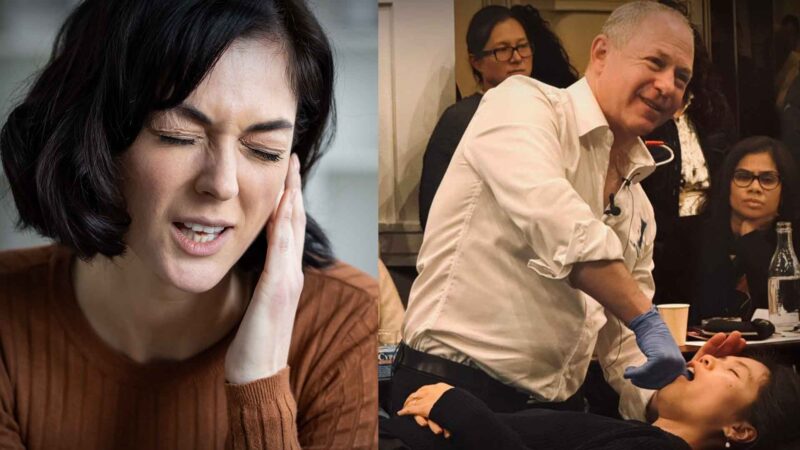CLINICAL RESEARCH INTEGRATES WITH GP AND PHARMACIST WORKFLOWS TO SUPPLEMENT PRACTICE REVENUE Primary health introductions to clinical trials leverages community trust in HCPs
With Charlotte Bradshaw,
CEO and Founder Evrima Technologies
SEGMENT
Filmed in Sydney | January 2025
Clinical trials are crucial to the development of evidence-based preventative medicines. In addition, participation in clinical trials can also provide patients with opportunities to access new treatments.
“Clinical trials are at the heart of medical advances which look into new ways to treat, prevent, or detect disease. Volunteers often do so to help contribute to advancing scientific research, knowing that they are participating in the hope of helping future generations,” said Charlotte Bradshaw, CEO and Founder to Evrima Technologies.
Ms Bradshaw spoke to Australian Health Journal about Evrima’s mission. As an Australian-based digital health company bringing trials to patients, GPs and pharmacists, world-class researchers are able to connect to the wider community through primary health care.
There are hundreds of clinical trials happening around the country and they can take place in hospitals, universities, private clinics and dedicated medical research institutes, yet the trusted role of a GP and pharmacists has opportunity to connect the stakeholder groups.
Research reveals that in Australia, 79% of people would consider being involved in a clinical trial, and 69% would be open to hearing about clinical trials from their GP or Health Care Practitioner. However, barriers such as time constraints, workforce shortages and lack of knowledge about the trials have been identified as barriers to GP referrals.
Each year, clinical trials are conducted to investigate treatment strategies (75%), disease prevention (15%), drugs and medicines (45%), and devices, lifestyles, and behaviours.
In Australia, trials that attract higher participation often centre around cancer and cardiovascular disease. Health conditions such as mental health, neurological and musculoskeletal trials, as well as those dealing with everyday issues including asthma and hypertension, often experience lower rates of participation.
With around 80% of clinical trials being delayed due to recruitment issues, Ms Bradshaw says that new referral platforms such as Evrima’s Evripath can simplify the process for practitioners and patients.
“We understand the daily challenges faced by GPs, but also appreciate that GPs are the gatekeepers to patient participation in clinical trials that are working towards better community outcomes,” said Ms Bradshaw.
Note: Research noted above is cited in the segment
You Might also like
-
New treatment options under investigation for pelvic organ prolapse
Dr Shayanti Mukherjee, Research Group Head, Translational Tissue Engineering at the with her team at Hudson Institute of Medical Research is developing new ways to prevent and potential cure pelvic organ prolapse (POP). The technology aims to ultimately lead to safer and more effective treatment for women with pelvic organ prolapse (POP) using a woman’s own stem cells to boost the effectiveness of a degradable mesh.
-
Adjunct Professor Alanna Geary talks Nursing Leadership
Adjunct Professor Alanna Geary FACN,
Chief Nursing & Midwifery Officer,
Metro North Hospital Hospital & Health Service, Queensland
talks Nursing Leadership -
Physiotherapy approach to jaw & facial pain ties with dental expertise
Darron Goralsky is the Founder, CEO and Clinical Director of Melbourne TMJ & Facial Pain Centre, one of Australia’s leading multidisciplinary clinics dedicated to the assessment and management of temporomandibular disorders (TMD) and craniofacial pain.



